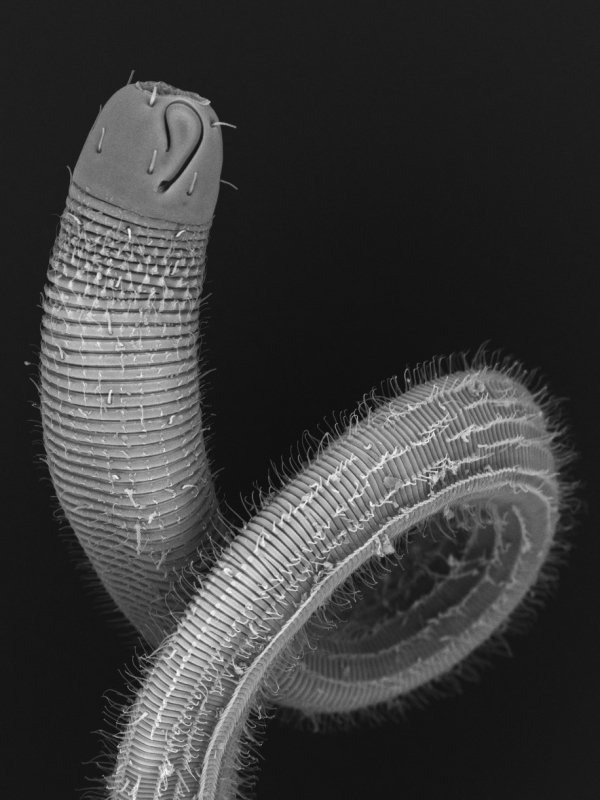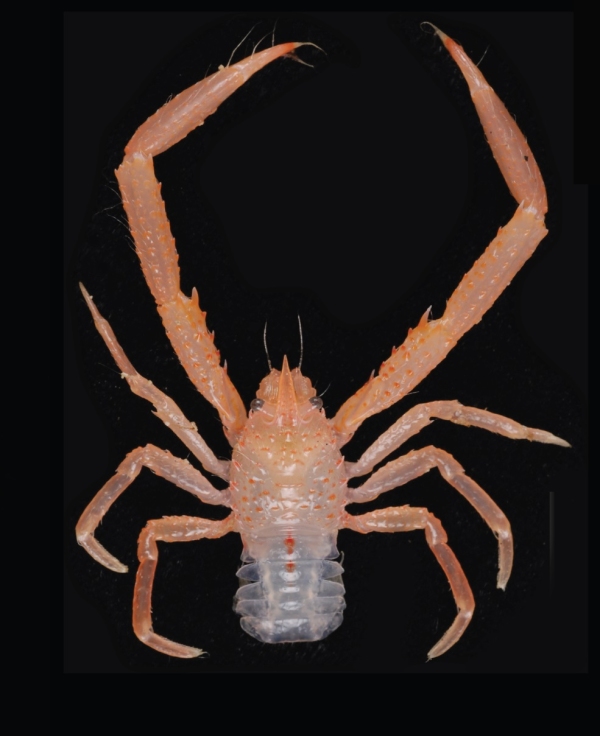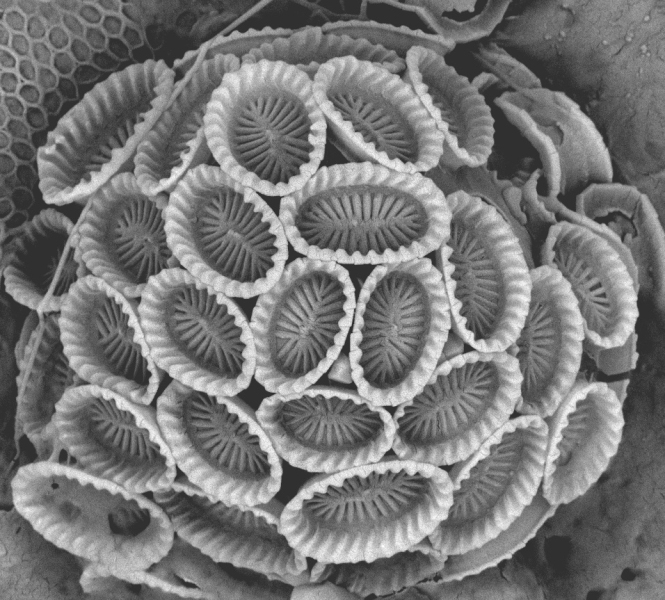The work of NIWA biologists has discovered 141 new marine creatures in the past three years, an important contribution to a worldwide register of the planet’s underwater life.
The World Register of Marine Species, (WoRMS) published in Ostend, Belgium has almost completed logging all the world’s known marine species. The list relies on contributions from marine biologists around the world -- including in New Zealand.
More than 1000 new-to-science marine fish species have been described globally since 2008 – an average of more than 10 per month -- according to the scientists completing the consolidated inventory of all known ocean life.
Among new fish species worldwide are 122 new sharks and rays, 131 new members of the goby family, and a new barracuda found in the Mediterranean.
A recent NIWA-led inventory of New Zealand’s marine species counted close to 12,500 named marine species for the World Register. At least 3000 more species are in New Zealand museum collections awaiting formal naming and description.
NIWA’s Dennis Gordon, who led New Zealand’s marine species inventory, and two other NIWA biologists are part of an editorial group that determines which species should be in the World Register. Dr Gordon also helped shape the higher-level management classification of life used by the World Register. The latest version of this classification is about to be published.
Dr Gordon says New Zealand is still very much in the discovery phase when it comes to marine life. “Marine BioBlitzes in recent years have discovered new species on Wellington’s seashores, and NIWA’s studies investigating vulnerable deep-water ecosystems have resulted in lots of new species,” he says.
In the past three years, NIWA biologists, assisted by visiting specialists from overseas, have discovered 141 new marine animals in the 60-year-old NIWA Invertebrate Collection, including specimens from recent research cruises.
These comprised sponges, corals, sea anemones, bryozoans, round worms, sand hoppers, comma shrimps, seed shrimps, squat lobsters and sea squirts. Several new seaweed and phytoplankton species have also been discovered and named. Having named species enhances the data quality of scientific research on marine ecosystems.




